Year 6
The English curriculum is built around the three interrelated strands of language, literature and literacy. Teaching and learning programs should balance and integrate all three strands. Together, the strands focus on developing students' knowledge, understanding and skills in listening, reading, viewing, speaking, writing and creating. Learning in English builds on concepts, skills and processes developed in earlier years, and teachers will revisit and strengthen these as needed.
In Years 5 and 6, students communicate with peers and teachers from other classes and schools, community members, and individuals and groups, in a range of face-to-face and online/virtual environments.
Students engage with a variety of texts for enjoyment. They listen to, read, view, interpret and evaluate spoken, written and multimodal texts in which the primary purpose is aesthetic, as well as texts designed to inform and persuade. These include various types of media texts including newspapers, film and digital texts, junior and early adolescent novels, poetry, non-fiction and dramatic performances. Students develop their understanding of how texts, including media texts, are influenced by context, purpose and audience.
The range of literary texts for Foundation to Year 10 comprises Australian literature, including the oral narrative traditions of Aboriginal and Torres Strait Islander Peoples, as well as the contemporary literature of these two cultural groups, and classic and contemporary world literature, including texts from and about Asia.
Literary texts that support and extend students in Years 5 and 6 as independent readers describe complex sequences, a range of non-stereotypical characters and elaborated events including flashbacks and shifts in time. These texts explore themes of interpersonal relationships and ethical dilemmas within real-world and fantasy settings. Informative texts supply technical and content information about a wide range of topics of interest as well as topics being studied in other areas of the curriculum. Text structures include chapters, headings and subheadings, tables of contents, indexes and glossaries. Language features include complex sentences, unfamiliar technical vocabulary, figurative language, and information presented in various types of graphics.
Students create a range of imaginative, informative and persuasive types of texts such as narratives, procedures, performances, reports, reviews, explanations and discussions.
(source: www.australiancurriculum.edu.au)
Achievement Standard
Receptive modes (listening, reading and viewing)
By the end of Year 6, students understand how the use of text structures can achieve particular effects. They analyse and explain how language features, images and vocabulary are used by different authors to represent ideas, characters and events.
Students compare and analyse information in different and complex texts, explaining literal and implied meaning. They select and use evidence from a text to explain their response to it. They listen to discussions, clarifying content and challenging others' ideas.
Productive modes (speaking, writing and creating)
Students understand how language features and language patterns can be used for emphasis. They show how specific details can be used to support a point of view. They explain how their choices of language features and images are used.
Students create detailed texts elaborating on key ideas for a range of purposes and audiences. They make presentations and contribute actively to class and group discussions, using a variety of strategies for effect. They demonstrate an understanding of grammar, and make considered vocabulary choices to enhance cohesion and structure in their writing. They use accurate spelling and punctuation for clarity and make and explain editorial choices based on criteria.
(source: www.australiancurriculum.edu.au)
- Plus Plan
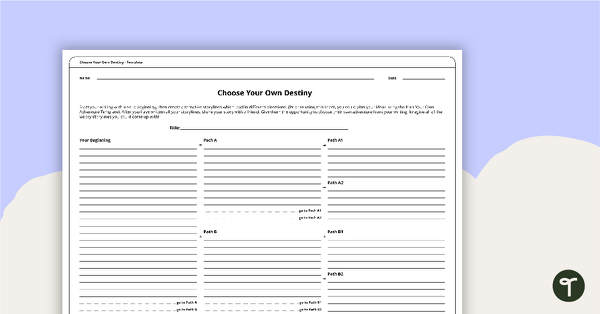
Choose Your Own Destiny - Writing Template
Students use a template to help them write stories with alternative pathways for their friends to read.
- Plus Plan
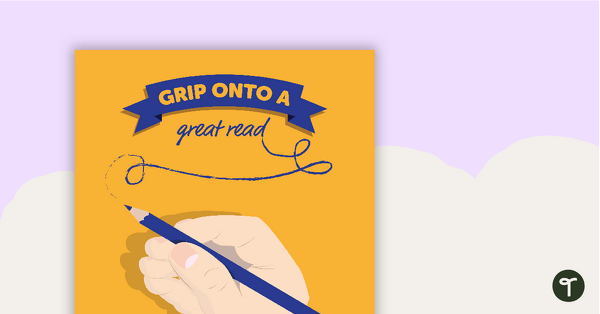
Pencil Themed - Book Report Template and Poster
A fun pencil themed poster with 3 book report templates to use when responding to literature.
- Plus Plan
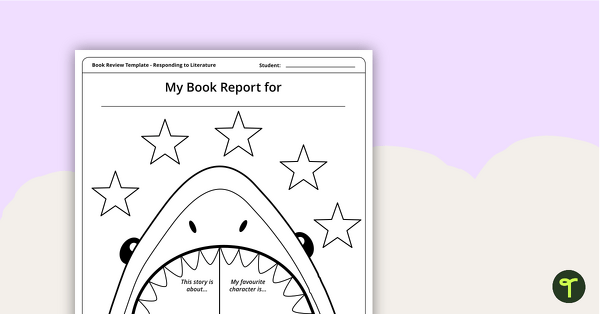
Shark Themed - Book Report Template and Poster
A fun shark themed poster with 3 book report templates to use when responding to literature.
- Plus Plan
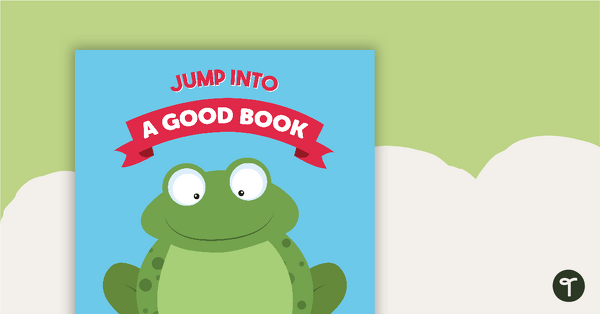
Frog Themed - Book Report Template and Poster
A fun frog themed poster with 3 book report templates to use when responding to literature.
- Plus Plan

Rocket Themed - Book Report Template and Poster
A fun rocket themed poster with 3 book report templates to use when responding to literature.
- Plus Plan
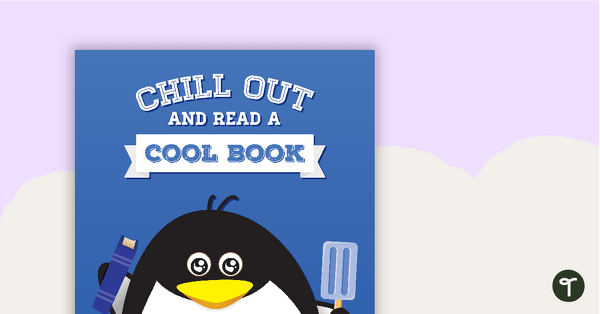
Penguin Themed - Book Report Template and Poster
A fun penguin themed poster with 3 book report templates to use when responding to literature.
- Plus Plan
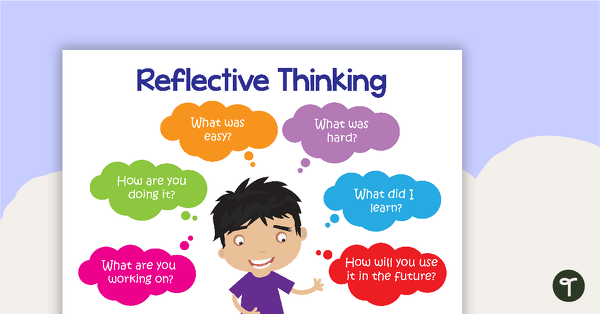
Reflective Thinking Poster and Cards
A poster and cards to promote reflective thinking.
- Plus Plan
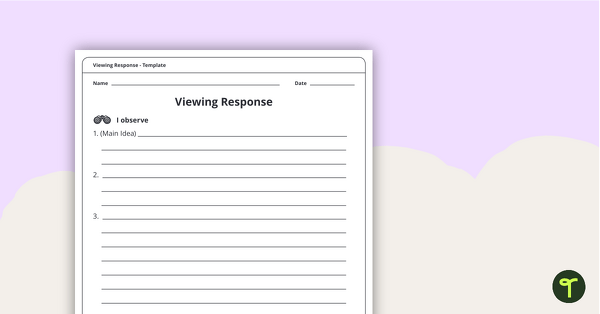
Viewing Response Template
A useful template to encourage students to make careful observations and interpretations while viewing visual prompts.
- Plus Plan
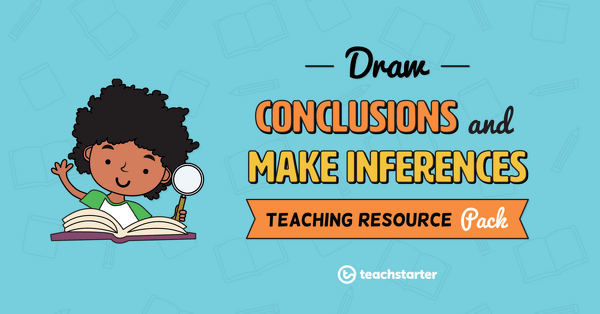
Comprehension Strategy Teaching Resource Pack - Draw Conclusions and Make Inferences
A comprehensive resource pack helping students draw conclusions and make inferences.
- Plus Plan
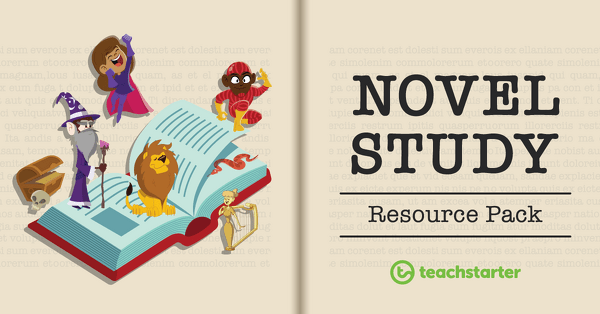
Novel Study Activity Resource Pack
A comprehensive resource pack to use with your class when studying a class novel.
- Plus Plan
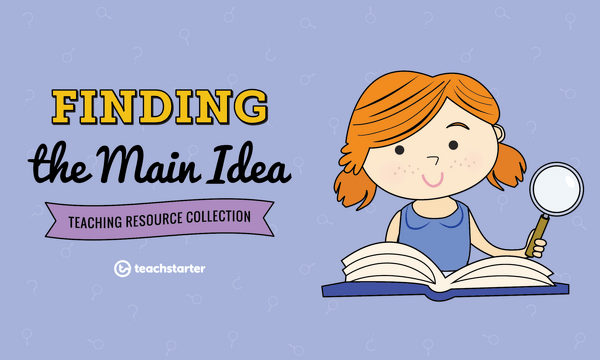
Comprehension Strategy Teaching Resource Pack - Finding the Main Idea
A comprehensive resource pack helping students to learn how to find the main idea.
- Plus Plan
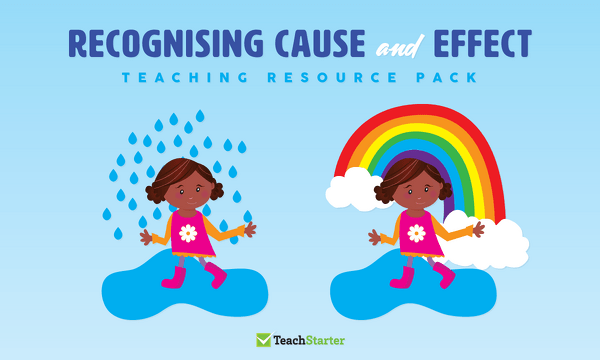
Comprehension Strategy Teaching Resource Pack - Recognising Cause and Effect
A comprehensive resource pack helping students to recognise cause and effect.
- Plus Plan
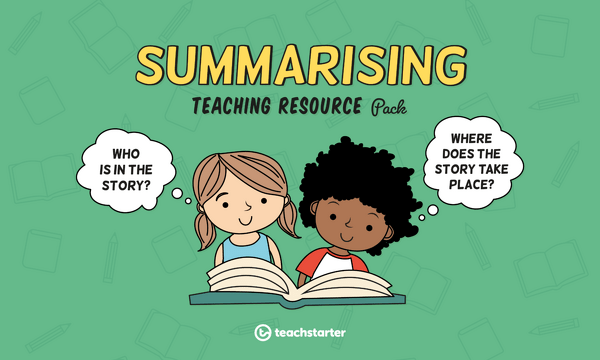
Comprehension Strategy Teaching Resource Pack - Summarising
An extensive resource pack to help students understand the concept of summarising.
- Plus Plan
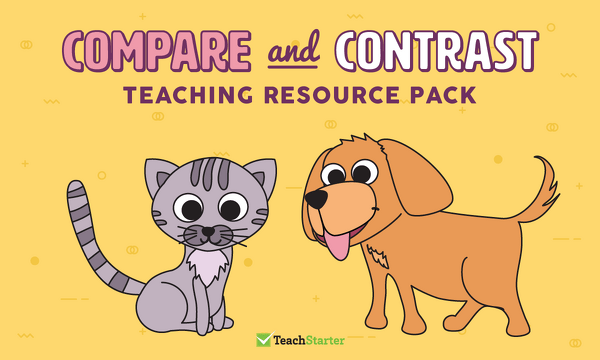
Comprehension Strategy Teaching Resource Pack - Compare and Contrast
An extensive resource pack helping students compare and contrast information.
- Plus Plan
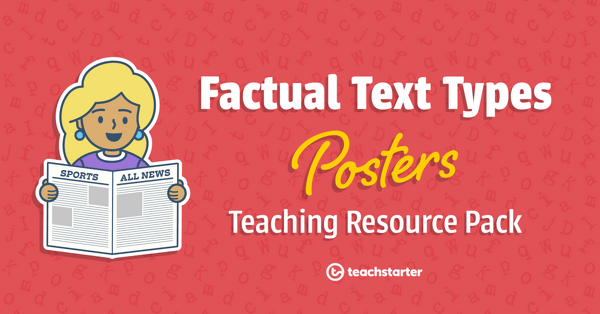
Factual Texts Types Posters Teaching Resource Pack
A set of posters about the factual text types, including annotated examples for each.
- Plus Plan

Readers' Theatre - Teaching Resource Pack
A comprehensive pack of 33 readers' theatre scripts, catering to a range of age groups and ability levels.
- Plus Plan
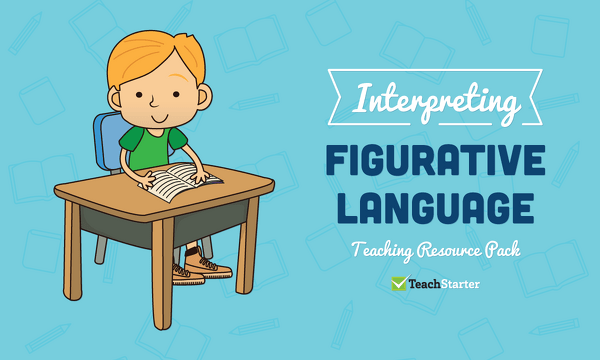
Comprehension Strategy Teaching Resource Pack - Interpreting Figurative Language
A comprehensive resource pack helping students explore the concept of figurative language.
- Plus Plan
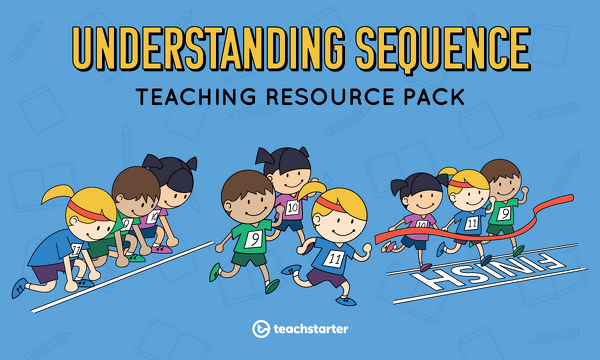
Comprehension Strategy Teaching Resource Pack - Understanding Sequence
A comprehensive resource pack to help students understand the concept of sequencing.
- Plus Plan
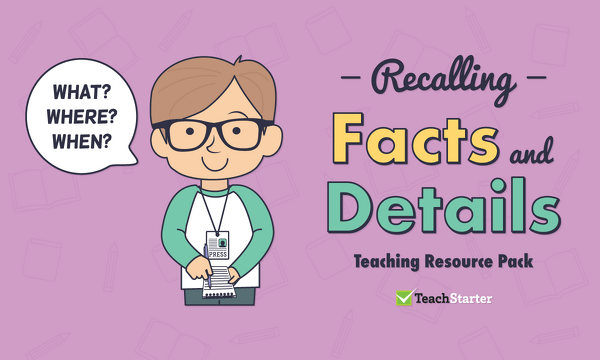
Comprehension Strategy Teaching Resource Pack - Recalling Facts and Details
A comprehensive resource pack helping students learn how to recall facts and details.
- Plus Plan
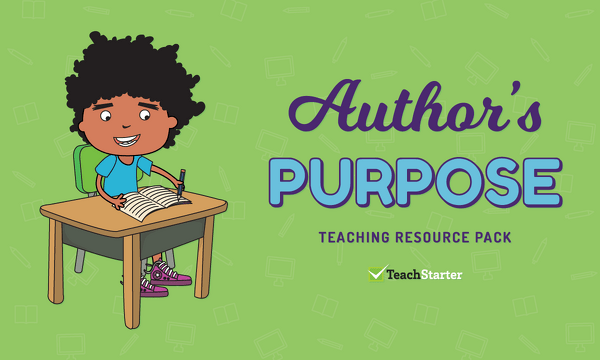
Comprehension Strategy Teaching Resource Pack - Author's Purpose
An extensive resource pack to help students understand the concept of author’s purpose.
- Plus Plan
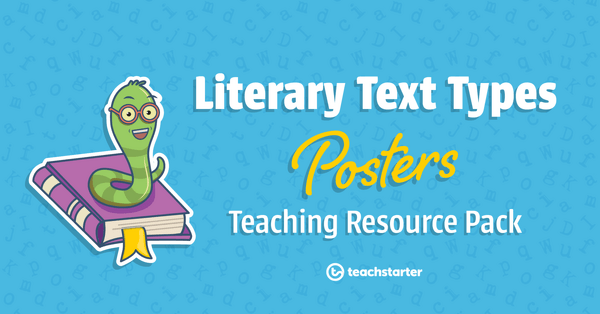
Literary Text Types Posters Teaching Resource Pack
A set of posters about the literary text types, including annotated examples for each.
- Plus Plan
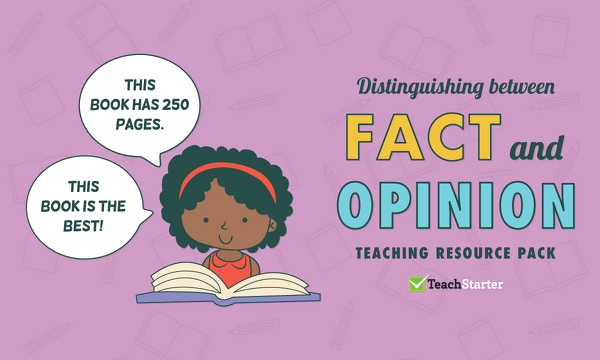
Comprehension Strategy Teaching Resource Pack - Distinguishing Between Fact and Opinion
A comprehensive resource pack to help students learn to distinguish between fact and opinion.
- Plus Plan
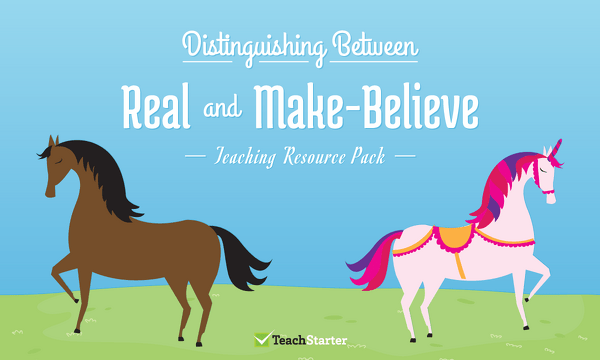
Comprehension Strategy Teaching Resource Pack - Distinguishing Between Real and Make-Believe
A comprehensive resource pack to help students distinguish between real and make-believe.
- Plus Plan
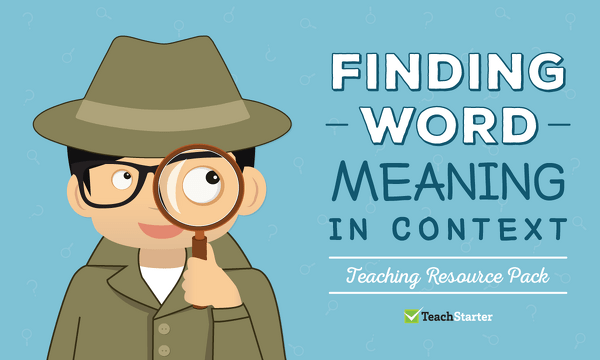
Comprehension Strategy Teaching Resource Pack - Finding Word Meaning in Context
A comprehensive resource pack to help students understand how to work out the meaning of words in context.
- Plus Plan
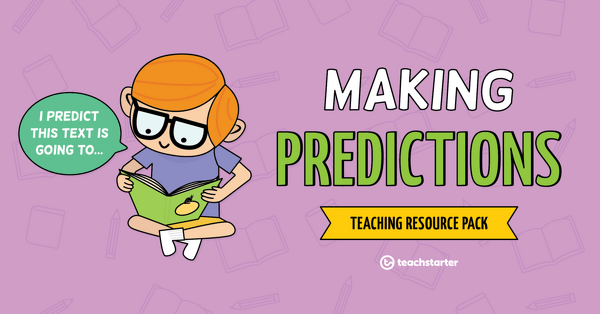
Comprehension Strategy Teaching Resource Pack - Making Predictions
An extensive resource pack helping students to learn how to make predictions.
- Plus Plan

NAIDOC Week 2021 Teaching Resource Pack
A NAIDOC Week 2021 teaching resource pack that contains activities, worksheets and information for your students.
- Plus Plan
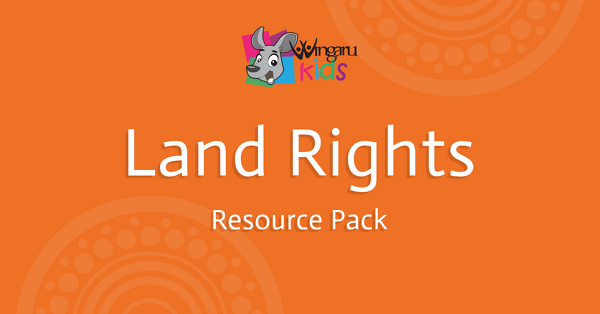
NAIDOC Week Land Rights Teaching Resource Pack
Wingaru Education has put together a timeline of Aboriginal land rights events. From the time of Cook’s intrusive exploration and the subsequent invasion by the First Fleet, land has been taken from Aboriginal People against their will. There are a number of ways to delve into this topic with your class.
- Plus Plan
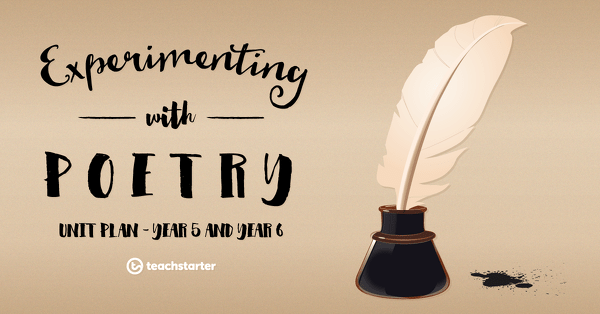
Experimenting with Poetry Unit Plan - Year 5 and Year 6
This English unit addresses the common elements of poetry and explores how these may be applied to shape poems, limericks, odes and simple ballads.
- Plus Plan
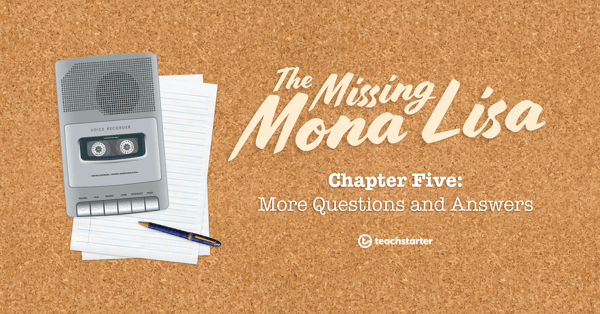
The Missing Mona Lisa – Chapter 5: More Questions and Answers
This chapter provides the Adventure Agents with the two remaining police interview transcripts and an extra very important piece of evidence has just been discovered!
- Plus Plan
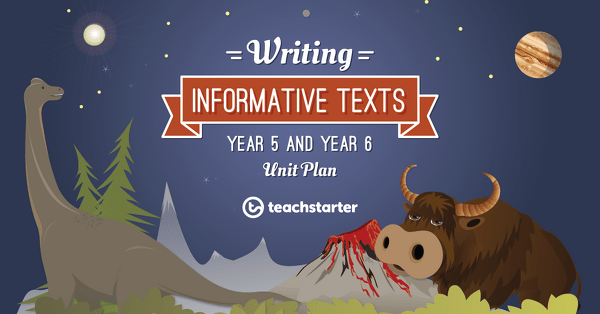
Writing Informative Texts Unit Plan - Year 5 and Year 6
This English unit addresses the informative text type; specifically, how to write a well-structured informative text.
- Plus Plan
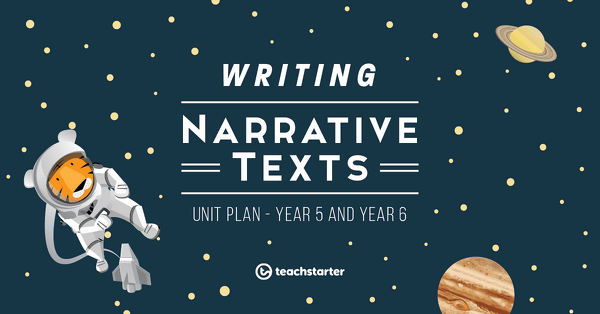
Writing Narrative Texts Unit Plan - Year 5 and Year 6
This English unit addresses the narrative text type; specifically, how to write an engaging narrative text.
- Plus Plan
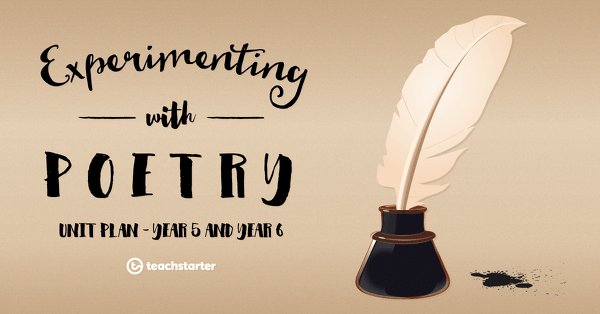
Humorous Poetry - Limericks
A 60 minute lesson in which students will plan and write a limerick.